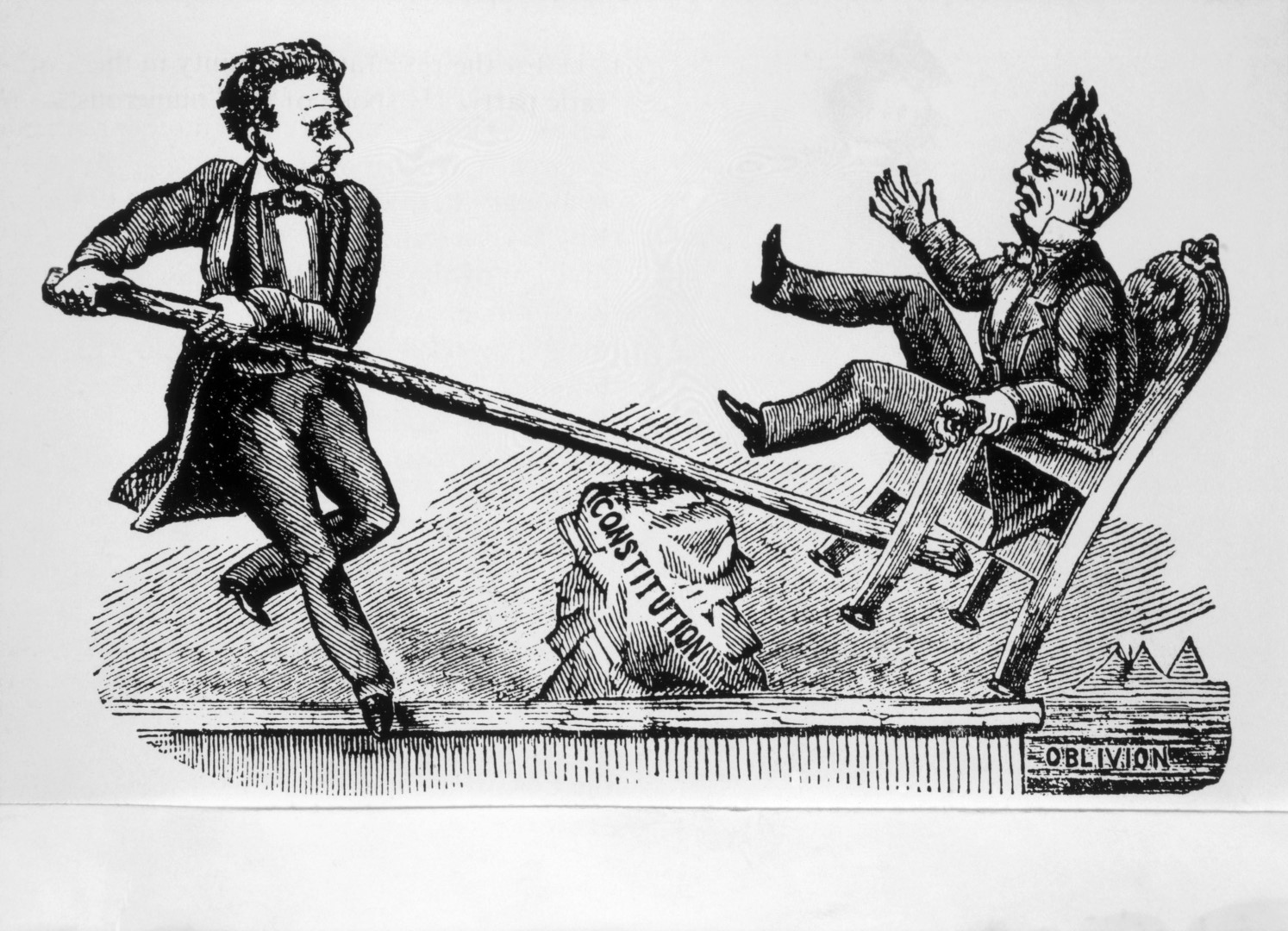
One great truism in modern politics: the greatest advantage a candidate will ever have (for either party) is to be an incumbent.
To understand how incumbency offers politicians a distinct benefit, the folks at Ballotpedia crunch some numbers for 2016.
Of more than 6,700 seats to be decided in this election cycle, only 123 incumbents lost in the primaries. Since about 10 percent of incumbents are defeated on average, that means a majority of the remaining losses will take place in the general election.
In 2016, there were 1,210 (or 61.4 percent) of the country’s 1,972 state Senate seats and 4,710 (87.0 percent) of the nation’s 5,411 state House seats on the ballot. The last state legislative primaries were held Sept. 13, and with that, only 122 (11.7 percent) of incumbents with primary opposition lost.
That is keeping with the historical average for recent election cycles.
During the general election, about 20 percent of all seats will have no incumbent running in the general election. As for Republicans, they see a slightly higher chance of facing a challenge, about 2 percent.
In the recently ended primary season, 39 Democratic and 84 Republican incumbents lost.
There are 99 state legislative chambers in all 50 states — both House and Senate — with 86 of them holding elections Nov. 8. Altogether, 5,920 (80.2 percent) of the country’s 7,383 state legislative seats are up for election during the presidential election year.
A total of 2,190 Democratic incumbents and 2,788 Republican incumbents are running for re-election.
Incumbents this year are facing challenges at a slightly higher rate compared to four years ago — 21.3 percent in 2016; in 2014, it was 20.1 percent. There is little change in the percentage of incumbents who defeated their primary opponents.
How many incumbents will make it to the general election?
About 82 percent of incumbents run for re-election. With 5,920 seats up for election in 2016, 4,895 incumbents will seek another term. Of those incumbents, 1,042 (21.3 percent) faced primary opponents, and only 11.6 percent were defeated in the primaries.
Heading into the general election, nearly 1,200 seats (20.3 percent) are open; no incumbent is in contention.
In recent election cycles, as many as 502 incumbents lost in the general election, with a low of 266. Much of those numbers are based on which party has momentum on Election Day.
For example, Republicans in the 2010 electoral wave flipped a significant number of seats. In contrast, the party swap was slightly less in 2014.
Ballotpedia estimates that if the number of incumbents defeated in the general election reaches about 375, there will be about 1,625 freshman legislators in total taking office in January — 27.5 percent of all seats up for election.
Although that seems like a significant shift, one big unknown is the ultimate effect freshman legislators will have on public policy, at least compared with incumbents.
Challengers frequently run on platforms accusing the incumbent of becoming ineffective, lazy or beholden to special interests, merely by the fact they have spent several years in office.
Incumbents argue that incumbency offers both expertise and knowledge of lawmaking, making them more efficient and effective.
While freshman legislators will also come into office with new policy goals, often the framework for those proposed bills will already have been crafted by the party. It could result in a new bill getting bogged down in the process even before a freshman takes office.
Freshman lawmakers will also face the same lobbyists and donors as their predecessors; many of them former legislators — term-limited, as in the case in Florida — who have the knowledge, skill and political experience a newbie might lack.
Nevertheless, any way you cut it, incumbency definitely gives a candidate the upper hand.



